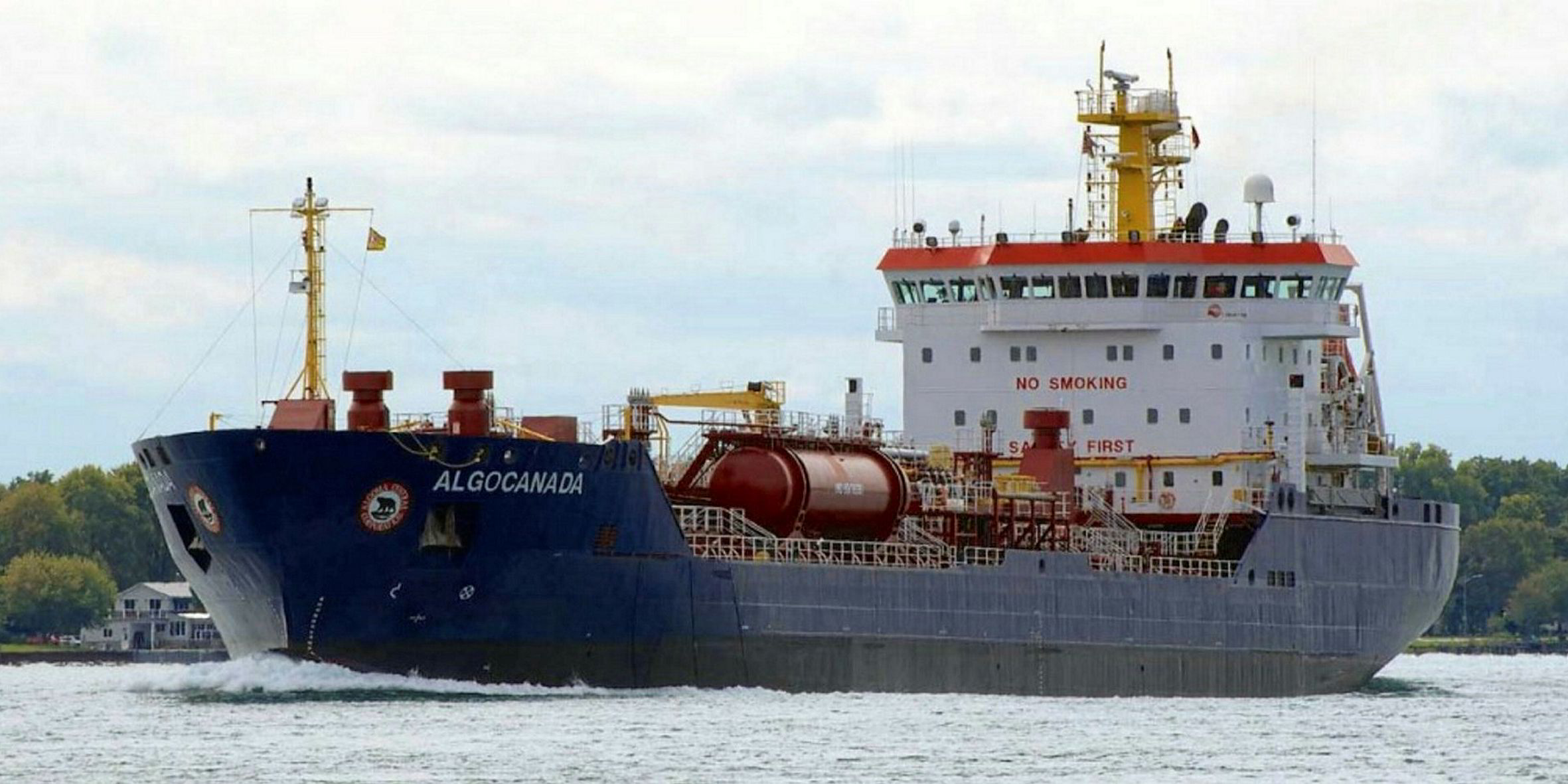An eight-month review of pilotage services in Canada is recommending sweeping changes to the way in which the sector is regulated.
In his report, former Canadian Coast Guard commissioner Marc Gregoire responds to criticism that mandatory pilotage services are delivered by a monopoly and are too expensive, regulations are inconsistent across the country and there is a lack of transparency.
More than CAD 200bn ($200bn) of Canada’s international trade is carried on domestic waters. Gregoire says the incident-free safety record of more than 99.9% showed that the country’s marine pilotage system is safe.
But in his wide-ranging consultation with stakeholders, including shipowner organisations, various challenges had been identified. Recommendations involve strengthening the legislative and regulatory framework.
Gregoire, who was appointed by the government to review Canada’s Pilotage Act, says he took on the task well aware of tensions between pilots and shipowners, who can pay tens of thousands of dollars in fees transiting the Great Lakes.

Key recommendations are that the Pilotage Act be amended so that all pilot corporations, as monopoly service providers, are subject to greater transparency and accountability in future.
The rising cost of pilotage fees proved to be a central issue during the review process. Pilotage authorities are only able to contract labour with one group of pilots in each region, making them the “exclusive service provider”.
Gregoire recommends freedom for pilotage authorities to use whichever “workforce configuration” meets their needs — hiring their own labour, contracting with a pilot corporation or using “entrepreneurial pilots”.
He says financial statements and service contracts should be publicly available and pilot corporations subject to financial audits. As private entities, financial disclosure or reporting requirements currently do not apply.
Gregoire, also a former assistant deputy minister of safety and security at Transport Canada, recommends removing all safety regulatory provisions from service contracts between the pilotage authorities and pilot corporations within one year.
Instead, he recommends that the minister of transport oversee all pilotage safety regulations in future.
Transport Canada, as the independent regulator, should also establish a “comprehensive set of key safety performance indicators”. The minister of transport should designate marine safety inspectors with enforcement powers.
Gregoire also recommends imposing higher penalties for serious violations and distinguishing between fines for individuals and those applicable to corporations and vessels.
He describes as “outdated and inconsistent” with most other marine transport legislation current provisions that include a summary conviction offence and fine of CAD 5,000, for example, when failing to use a pilot transiting a compulsory pilotage area.
Pilotage authorities also have the power to suspend or revoke pilots’ licences but maximum liability is limited to CAD 1,000.
The Pilotage Act should also aim to optimise the use of new technologies.
Gregoire says standards and requirements for obtaining pilot licences, certificates and waivers are inconsistent across the four pilotage authorities.
His report also recommends that Transport Canada implement a standardised exemption scheme and promote a national pilotage certification programme for the training and evaluation of ship masters and navigational officers.
Eligibility for pilotage certificates should also be extended to foreign masters.
Gregoire says pilotage authorities should have complete power to fix tariffs and other fees. But clear guidelines should be established, requiring proper notice and consultation with stakeholders and the same methodology used in calculating fee levels.
These authorities should also be empowered to impose interest charges on late payment of tariffs and fees, the report says.
Stakeholders have complained that the regulatory process for changing tariffs is “unresponsive, cumbersome and lengthy”. Gregoire recommends that the Canadian Transportation Agency make decisions within 90 days of receiving a notice of objection.
Further proposals are that the Pilotage Act be reviewed every 10 years, a common set of key performance indicators be developed to track performance of the pilotage authorities, and that the Great Lakes Pilotage Authority and Laurentian Pilotage Authority be amalgamated.
Gregoire concludes: “While it is largely agreed upon that the pilotage system in Canada works well, it is time for the legislation to be updated to reflect the realities of today and the possibilities and innovations of the future.”
His recommendations are subject to approval by the minister of transport. Pilotage Act amendments could be tabled in the House of Commons of Canada and legislation introduced before the federal elections in the autumn of next year.



